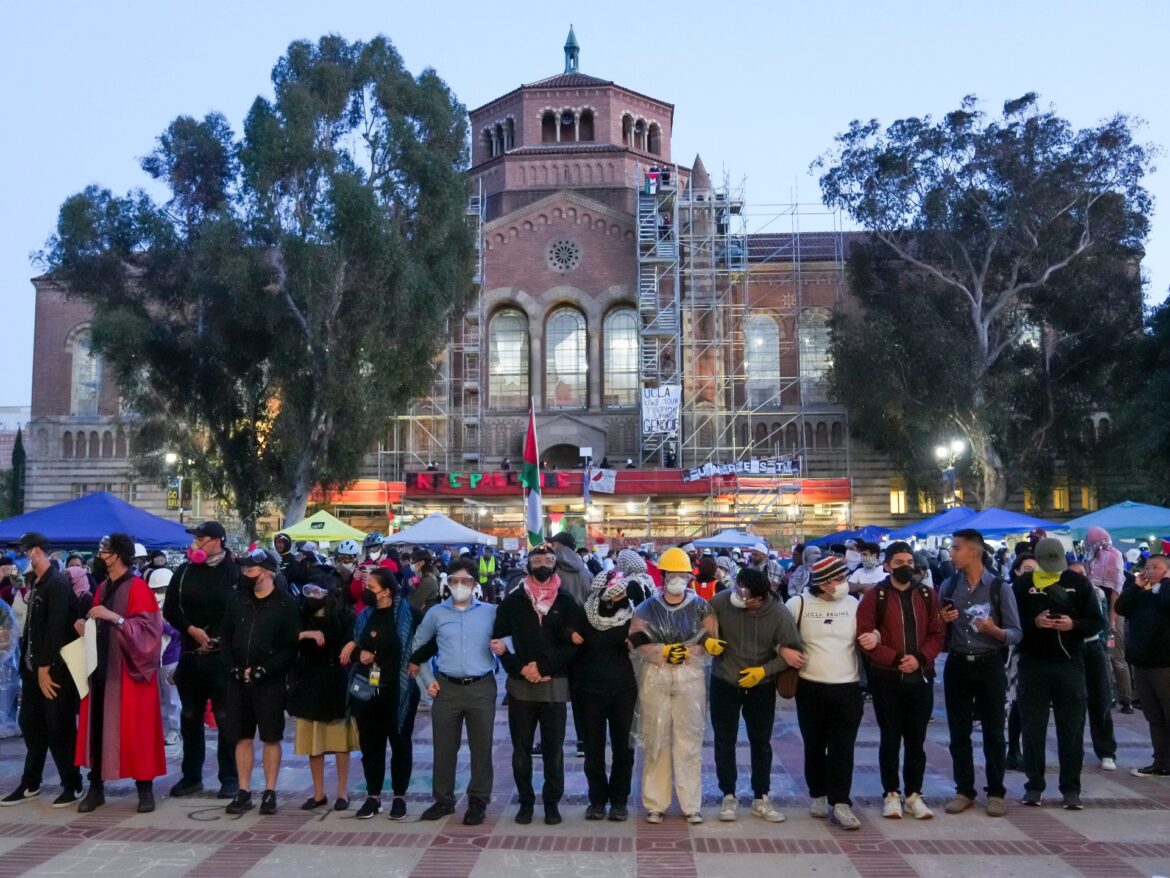French historian Mario del Piero said that Israel no longer seems, increasingly, to be a stabilizing factor for the United States, despite the ties that unite the two countries, and despite the fact that the relations between them are “special.”
He added that although these relations witnessed some change in contexts and some decisive transformations, their cohesion remained cohesive due to factors related to the strategic, ideological, political and cultural aspects.
The professor of history at the Institute of Political Sciences said – in an article in Le Monde newspaper – that the United States supported the birth of Israel in 1948, despite the extreme hesitation of those in the Ministry of Foreign Affairs who feared that this would harm relations with the Arab world, but the 1967 war strengthened relations between them and Israel became, after Its military credibility has been strengthened, as it is a truly special ally and a major beneficiary of massive US military aid.
The dynamics of the Cold War in the Middle East made Israel a major partner in paralleling the pro-Soviet regimes in the region. After the end of the Cold War, Israel moved from the role of an anti-Soviet bulwark of “containment” to a reshaped function against what remained of Arab nationalism or new radical political Islam. As the historian says.
“Castle under siege”
The strategic partnership was justified – according to Mario del Peru – by ideological narratives that emphasize the supposed natural “civilizational” ties between the two countries along two axes. The first is the Western democratic axis, which portrays Israel as the besieged fortress of the liberal West that must be defended. The second is religious, because part of American evangelicalism sees a strong connection between Zionist destiny and the fulfillment of prophecies of Christ’s return before the end of the world.
This position – according to the historian – has gained great popularity in the United States since the 1970s, that is, since many components of this evangelical movement organized themselves into right-wing Republican pressure groups, abandoned anti-Semitism, and adopted a position of full support for Israel. Rather, this shift was translated into Christian Zionism links Israel’s wars with its apocalyptic prophecy, and it also helped give a political color to Israeli-American relations.
This leads us to the final vector of the “special” relationship between the United States and Israel, the political agent, as a result of the transformation of the American political system and the establishment of pro-Israel organizations, such as the American Israel Public Affairs Committee (AIPAC), which was founded in 1963 and has the ability to influence election campaigns.
As for the relationship between Zionism and American progressivism, it also has deep roots, according to the historian, as a large portion of Democratic intellectuals continued to look at the Israeli political laboratory with admiration, and this admiration was balanced among Republicans by supporting Israel, which was moving relentlessly to the right and which embraced security concerns. For American conservatism.
Strong protest
The “Arabists” in the State Department strongly objected to points of these ties, anti-Semitism permeated certain sectors of American society, several presidents attempted to change the terms of this relationship, and influential experts strongly objected to the corrupting influence on American democracy resulting from blind support for the Israeli ally, according to For the writer.
However, a strong and politically determined challenge to this special relationship, capable of exerting unexpected pressure on the Biden administration, has only emerged recently, when the disproportionate Israeli response to the October 7 attacks and the massive humanitarian tragedy in Gaza cast their heavy shadows. Even before that, many polls showed that change is underway.
According to annual Gallup polls between 2013 and 2022, the percentage of Democrats sympathetic to the Palestinian issue rose from 19% to 49%, significantly exceeding the percentage of those who still favor Israel.
The historian believes that when the Middle East became less central to the United States, Israel was no longer a stabilizing factor or a major partner in containing threats to American security as it was before, and thus the idea that the national interest of the United States was no longer consistent with Israel’s interest.
A radical turn
Also, the “ideological cement” of the past began to gradually collapse after the progressive matrixes of old American pro-Zionist sympathies became obsolete, and the influence of pro-Israel pressure groups is today matched by the activity of groups that condemn Israeli policy, and associations have emerged that strongly criticize the Israeli government, even from within American Jews themselves. .
The writer concluded that the settlement policy in the West Bank, the excessive use of force, and the final abandonment of the desire for a two-state solution, led to the alienation of a part of America from Israel, especially since Israeli Prime Minister Benjamin Netanyahu deliberately dragged the issue of the relationship between the United States and Israel into the political arena. In the service of a specific political party.



